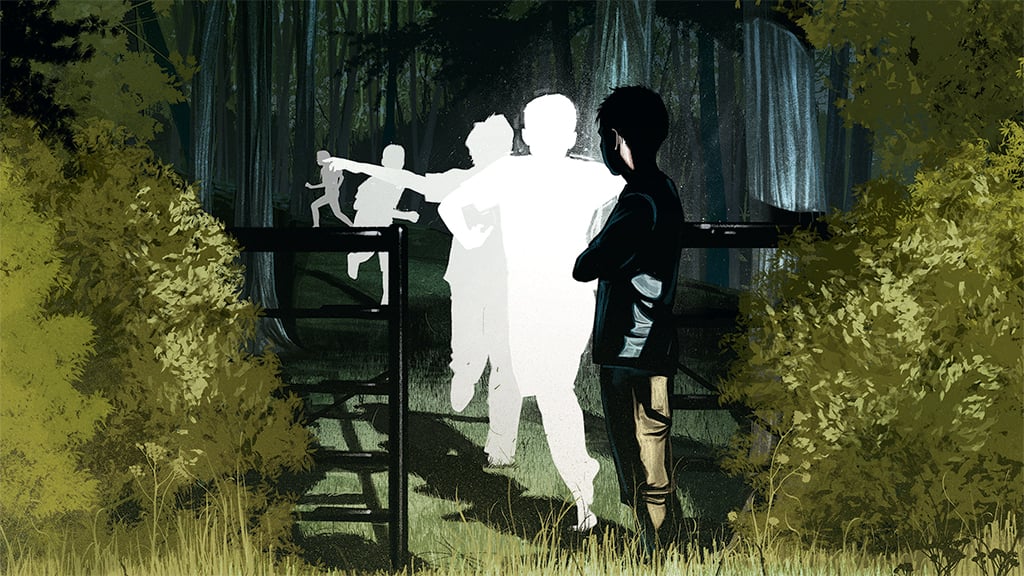Most people picture the nine Supreme Court justices as they appear in their group portrait: unmoving, thinly smiling avatars of their respective positions on the ideological spectrum. In a new book, Uncertain Justice: The Roberts Court and the Constitution, Laurence Tribe and Joshua Matz jolt this image of the court into motion. Nothing is less sure, it turns out, than what the justices will contribute to individual cases.
This idea, and the book itself, came out of the class that Tribe, a constitutional scholar at Harvard Law School, and his onetime student Matz, a former contributor to SCOTUSblog and currently a clerk for a Ninth Circuit Court of Appeals judge, co-taught at Harvard. “The back-and-forth between Josh and me convinced me that the whole theme of the book should be much more the creative argument that never ends between opposing views,” Tribe tells me.
Fixating on the arguments, not the justices’ votes, exposes fascinating legal fissures. Tribe and Matz offer the case of justices Antonin Scalia and Samuel Alito, both Republican appointees, who appear to be in lockstep. But in the Fourth Amendment case United States v. Jones, the two couldn’t even agree on what the proper legal questions were. “Scalia was quite desperate to hang onto old notions of property,” Tribe says, “while Alito emphasized that attaching a GPS tracker to a car as an investigative tool may violate justifiable privacy.” (Both voted with the majority, but Alito filed a separate opinion.)
The arguments in the book aren’t always strictly legal. Justice Clarence Thomas, who exerts his influence despite almost never speaking from the bench, says the most in his written opinions on cases about affirmative action, though he has a completely different take than liberal-leaning, Puerto Rican-American Sonia Sotomayor.
“We tried to get at the subtlety of how their personal experience has shaped their experience of the law,” Tribe says.
Explaining the book’s insights doesn’t come close to explaining its combination of exceedingly good research and graceful writing. On every page, Tribe and Matz cover territory from US history, politics, law, or culture that we weren’t taught in high school. Each chapter offers new perspectives on issues that reside quietly in the Constitution but resound throughout modern life. Some of the strongest writing comes, not surprisingly, from the justices themselves, who are quoted liberally and for whom the use of language is crucial. As Justice Anthony Kennedy says in the book, “We are judged by what we write.”
Fortunately, what they write articulates the tensions among nine compelling minds.“If I could show people anything about the Supreme Court,” Tribe says, “it would be what a diverse, funny, smart group these nine men and women are. They’re all trying to get it right, and the fact that they’re not always in agreement—well, why have nine people otherwise?”
This article appears in the July 2014 issue of Washingtonian.

Publisher:
Henry Holt and Co.
Price:
$17.71















